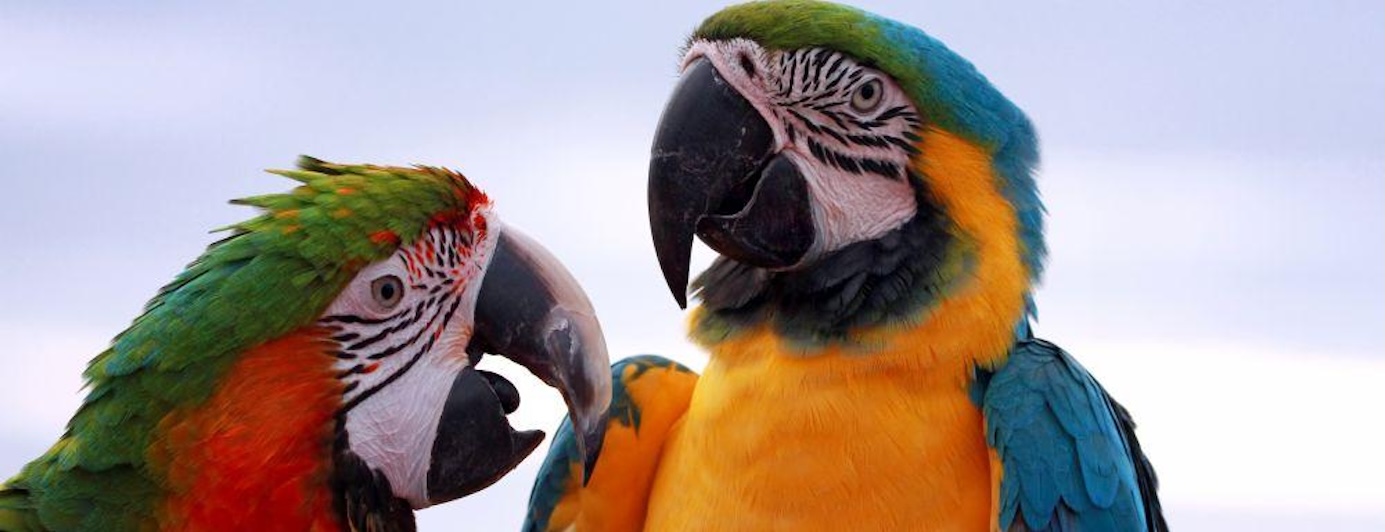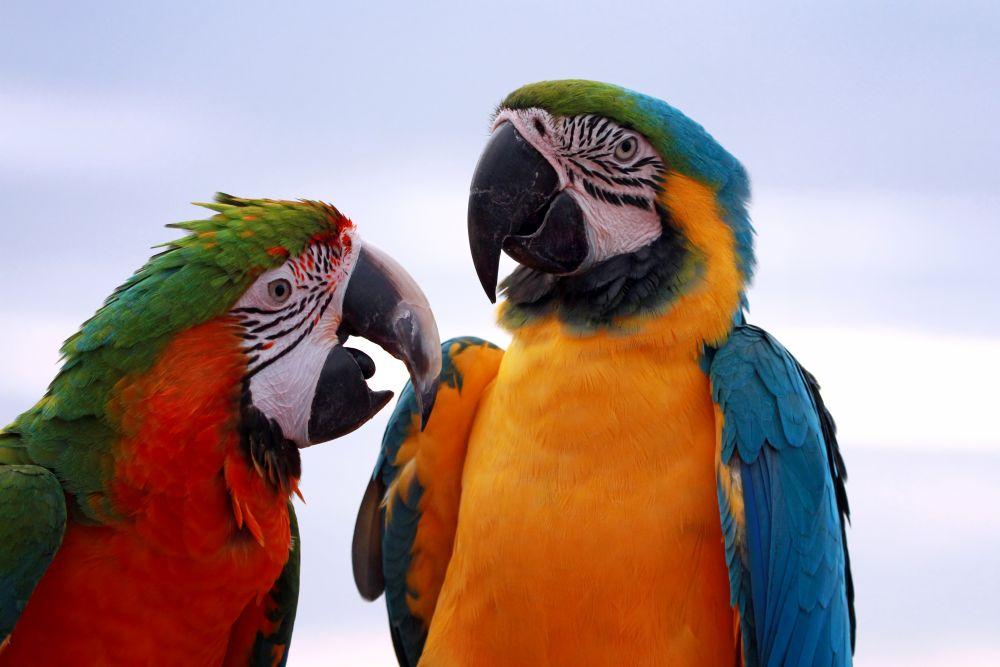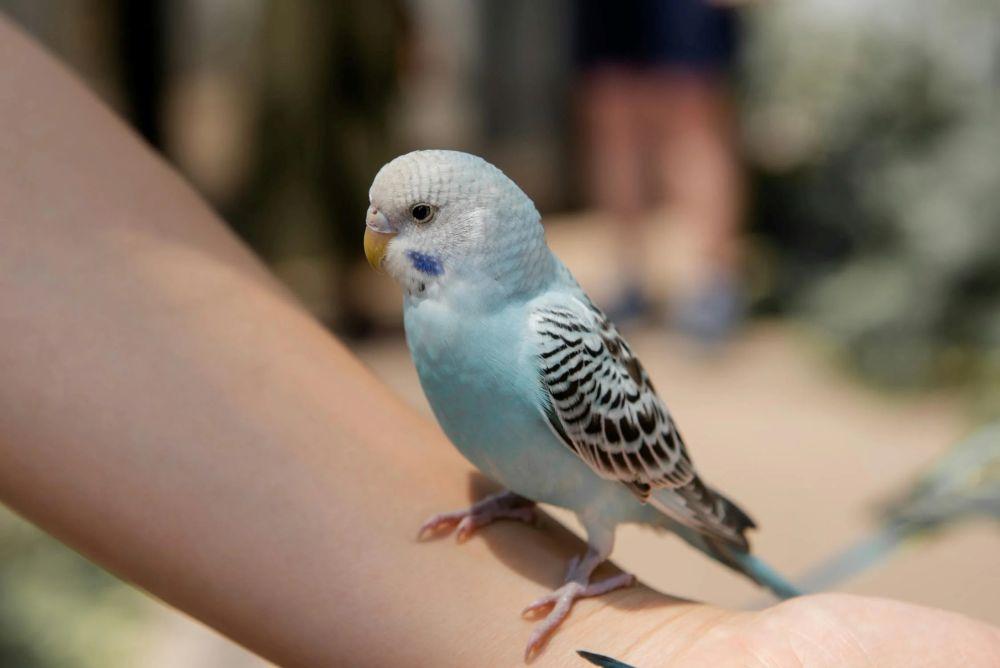

Discovering an unexpected lump on your feathered companion can be concerning for any bird owner. Among the various growths birds can develop, a lipoma is among the common types you might encounter.
While often harmless, understanding these masses is key to your bird’s well-being.
Therefore, it’s essential to understand what lipomas are, their potential causes, how they’re diagnosed, and how they are treated.

A lipoma is a common type of benign fatty tumor often observed in birds and other animals. These soft, movable masses typically appear under the skin, frequently found on the keel (breastbone), abdomen, or near the wing joints.
While lipomas are generally non-cancerous, their size and location can still lead to problems. A large lipoma on the keel, for instance, may interfere with movement, flight, or even perching, thereby affecting a bird’s overall comfort and quality of life.
As such, it’s important to maintain proper bird care and regularly check for any new lumps to monitor your feathered companion’s health.
The exact cause behind the development of a bird lipoma is often not fully understood, but several factors are believed to contribute to their formation. For instance, genetics can play a role, as some bird breeds or individual birds may have a predisposition to developing these fatty tumors.
Dietary factors are also significant, and a diet consistently high in fat, often from excessive seeds or inappropriate human foods, can increase the risk of a lipoma. Furthermore, a lack of adequate exercise can contribute to obesity, which is a known risk factor for these growths.
Diagnosing a bird lipoma typically begins with a thorough physical examination by a vet in an exotic pet hospital. During this examination, the vet can assess the size, consistency, and location of any suspicious lumps.
To confirm it is a lipoma and differentiate it from other types of bird tumors, further diagnostic steps are often taken. This may include a fine needle aspiration (FNA), where a small sample of cells is collected for microscopic analysis, or a biopsy, which involves removing a small piece of tissue for a more detailed examination. Remember, this differentiation is crucial, as some bird tumors can be malignant and require different treatment approaches.
Common symptoms that may indicate a bird lipoma include:
It’s important to understand that a lipoma in birds will not go away on its own or disappear spontaneously. They may remain stable or gradually increase in size, necessitating veterinary intervention.
But how do you address lipomas in birds?
Treatment options depend on the tumor’s size, location, and its impact on the bird’s health. Surgical removal, performed by a specialized vet, is a common approach, especially for larger or problematic lipomas.
During the consultation, the cost of the tumor removal will be discussed with your veterinarian. Beyond surgery for your bird, adopting a lower-fat diet and making lifestyle modifications, such as increasing exercise, are crucial for managing existing lipomas and preventing new ones.
The prognosis for a benign bird lipoma is generally favorable, particularly with early detection and adherence to your vet’s post-treatment bird care recommendations.
Maintaining your bird’s well-being depends on providing consistent, proper avian care, including a balanced diet and regular exercise. Just as crucial are routine veterinary checkups, which enable the early detection of issues such as a bird lipoma or any other potential tumor.
For comprehensive avian health support, Beecroft Bird & Exotics Veterinary Clinic offers specialized services, including surgical removal if needed. If you have any concerns about your bird’s health or have questions about how to care for other exotic pets like guinea pigs or reptiles, reach out to our exotic pet hospital today.
